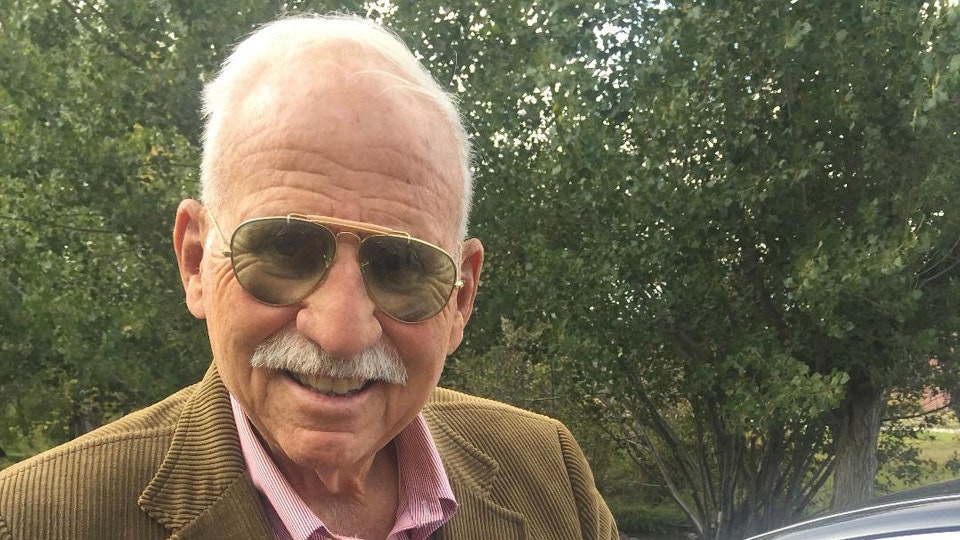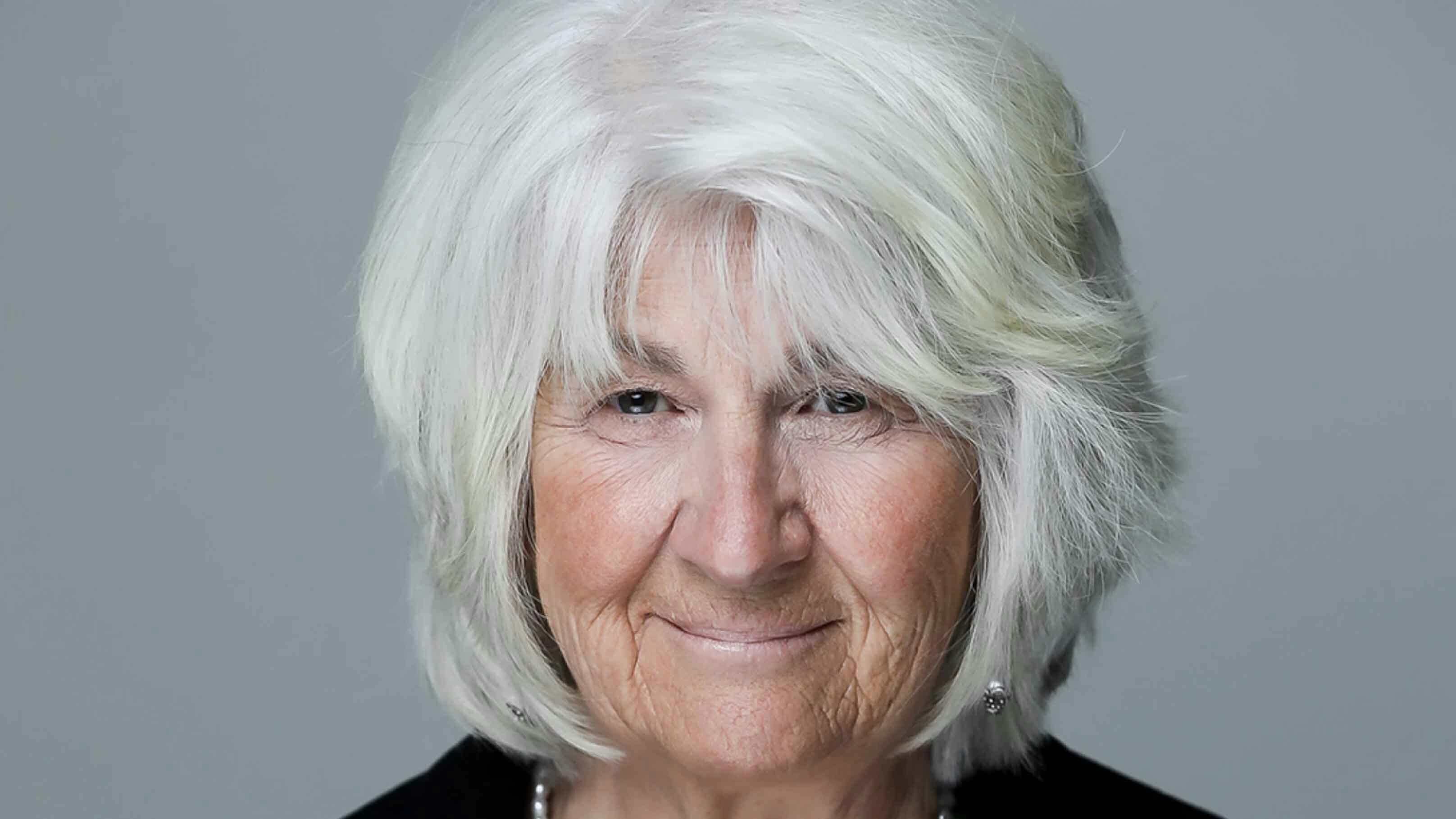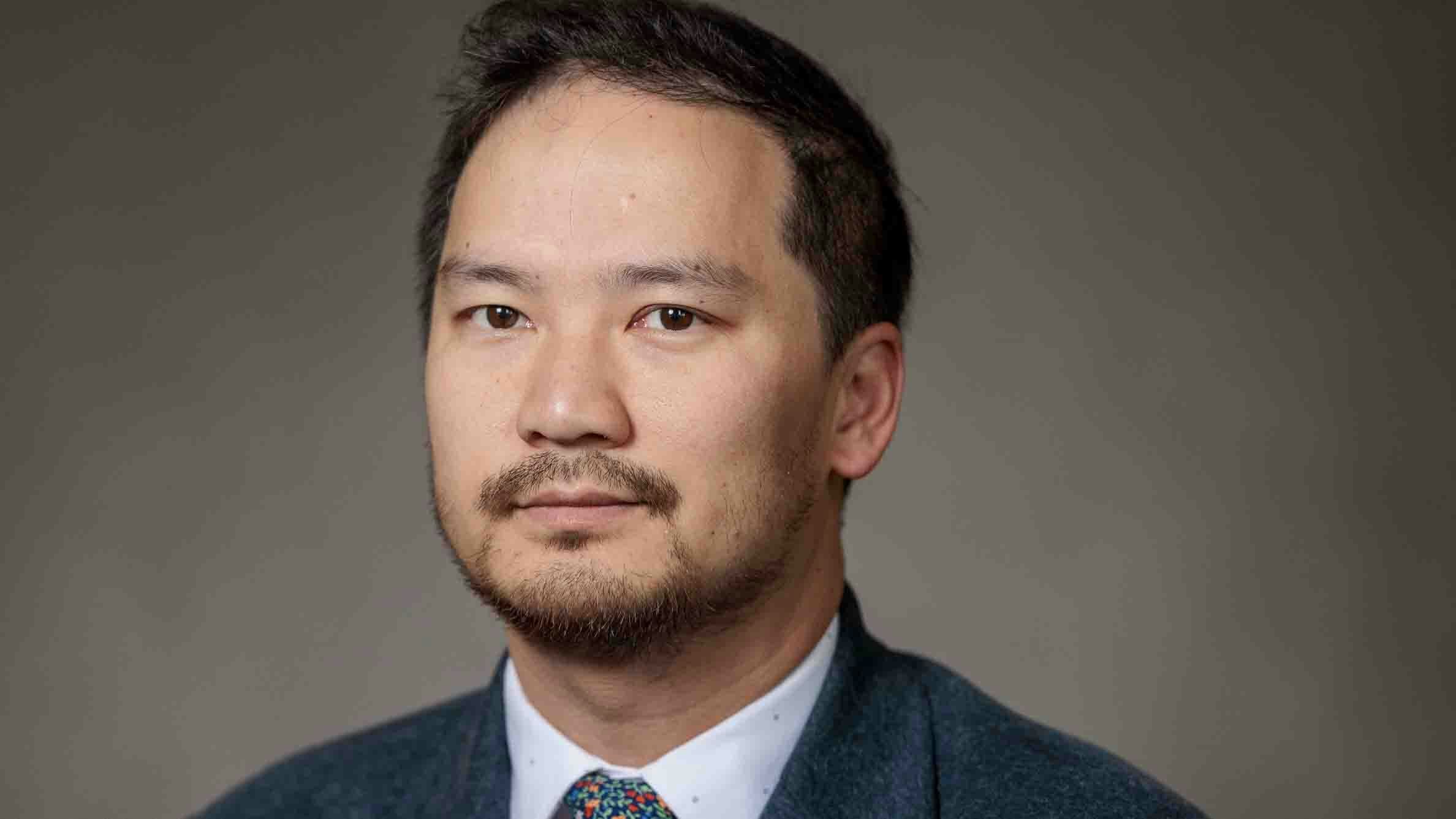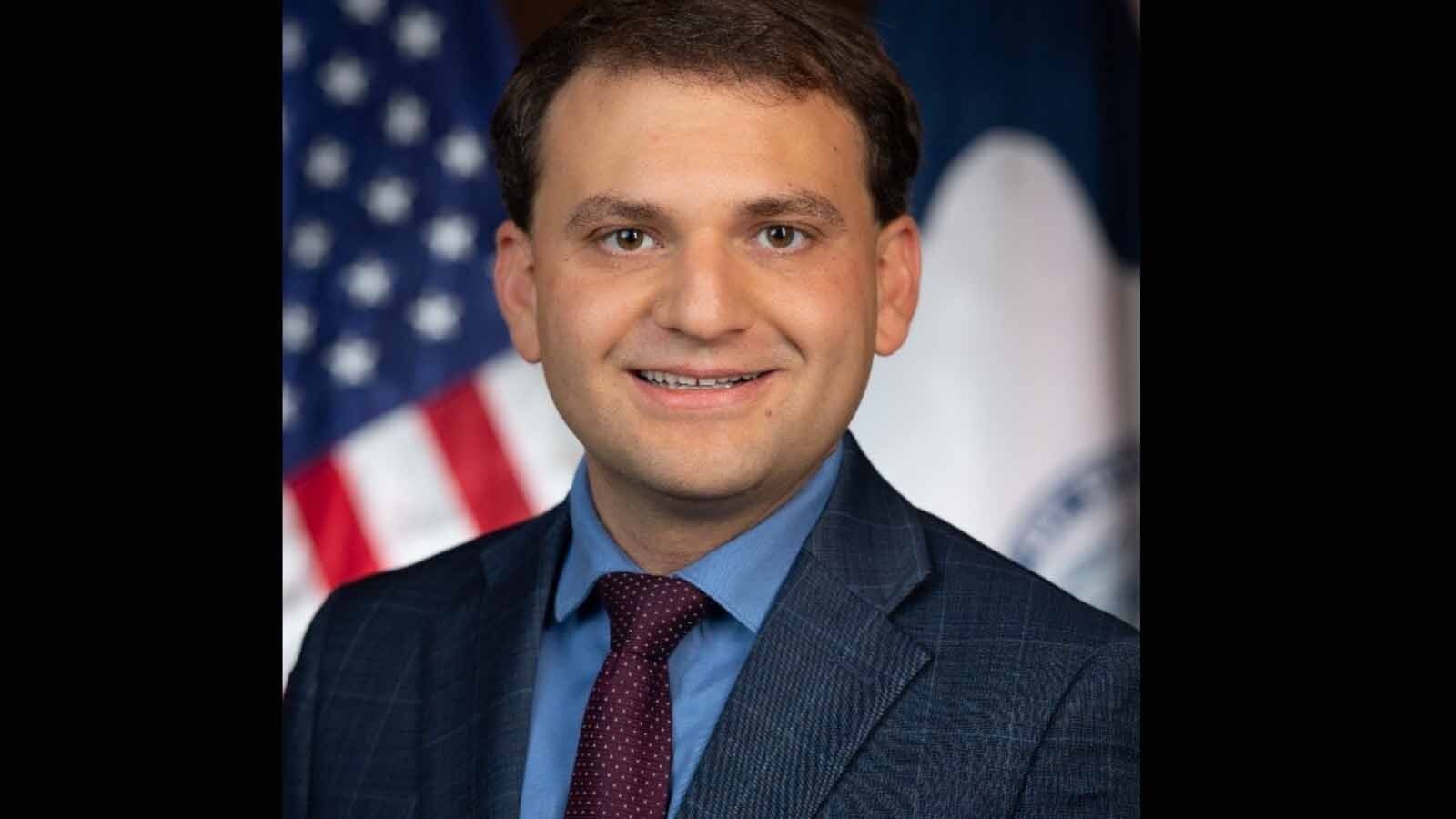By Ray Hunkins, contributor
In last Sunday’s Casper Star Tribune, a columnist wrote from France describing the loss of personal freedoms as a result of that country’s quarantine order.
She noted: “Governments are taking drastic measures with little logical explanation of why the measures are different for the Chinese virus than they have been for the flue which has affected and killed more people”. She then posed this question: “Knowing that ‘zero risk’ doesn’t exist, is the price of zero freedoms worth paying – in any instance”?
She was writing about the loss of personal freedom in France as the result of the virus crises, but the same point could be made about economic freedom in the United States.
To date, the loss of our economic freedom, indeed of our economy, has been the result of mostly “recommendations” and “suggestions” by our federal government, not directives with the force of law as in France. But, recommendations vs. directives, is a distinction without a difference when it comes to economic impact.
By the “recommendation” of our federal government the U.S. economy has largely been shut down resulting not only in the loss of huge sums of money, but also of economic freedom.
As I write this (March 22) we have completed the first half of what amounts to economic purgatory, with one week to go until the situation is “reassessed.”
What situation? Public health officials have pledged to reassess the public health situation brought about by the virus. But the doctors will only be assessing health risks. That’s their job. I would be surprised if the folks in white coats don’t recommend a continuation of the economic shutdown. When one is good with a hammer, every problem looks like a nail
The economists and other financial types are also, presumably, going to reassess the impact of the total economic shutdown. There is a tension between what is perceived to be serious risk to the health of segments of our population and our economy. This tension is set to play out when the reassessment is made.
There are those whose work requires an assessment of possible reactions to a proposed action. Their job is to ask the proponents of a proposed action, “and then what?” Military planners who “game out” various battle scenarios come to mind. Trial lawyers who build “decision trees” to catalogue various outcomes to a possible motion, or a witness who may or may not be called at a trial, are also examples. Those exercises help with determining the risks associated with a particular action and the benefits to be derived therefrom. They answer the question, “and then what?”
No doubt, with the partial information then at hand, a risk – benefit analysis was performed before we embarked on our present course of action in response to the Chinese corona virus.
We have more information now, on both sides of the equation – severity and spread of the virus, and the impact of the shutdown on the nation’s economy. According to most knowledgeable people, it is likely we can survive the fifteen-day shutdown with serious but modest short-term negative economic impacts, some of which are already surfacing; beyond that, the impacts are likely negative over an expanding number of sectors and at an increasing rate. That would have national security implications.
Logic tells us, the longer the shutdown lingers, whether voluntary or involuntary, the bigger the negative impact to the economy. Recession seems a certainty now. Depression is the next stop on this economic journey and it is one no American should want to experience.
Coupled with the trillions of dollars that are being spent to “stimulate” the economy, we could witness the collapse of not only the economy, but of society itself. Venezuela, with its central planning, shortage of goods, hyperinflation, loss of freedom, authoritarian rule and violence comes to mind.
As we approach the end of the current “pause” in economic activity and the “reassessment” takes place, let us hope for a realistic cost-benefit re-analysis that takes into account what comes next, not only with the spread and severity of the virus, but also with the economic destruction that has taken place and that will surely be increasing with every day the shutdown continues.
The question that needs to be asked and answered in Washington, as a part of the reassessment is this: If we extend the shutdown significantly, then what? It may be that the decision on whether to resume activity is left to the governors based on the status and condition of each state or region. If that is the case, Governor Gordon will be faced with a difficult but necessary decision.
We are told those most at risk are the elderly, especially those with preexisting medical conditions. They should be protected and there is no visible reason why people, the elderly and others, can’t be protected when economic activity resumes. We can walk and chew gum at the same time.
My own view is that protecting the elderly specifically, and the population generally, can be accomplished without sacrificing the nation’s (or Wyoming’s) economy beyond the present economic pause. Of course, common sense and best health practices should be followed when activity resumes.
But, speaking only for myself, and as one who celebrated his eighty-first birthday this month, I would rather take the risk of contracting the virus than see my children and grandchildren experience a depression or worse.
When the planners meet to reassess the situation and decide whether to keep our economy on hold, I hope one of them asks, “and then what?”
Ray Hunkins, author of the book, “The View From Thunderhead”, was twice a candidate for Governor of Wyoming. He is now retired following 50 years as a member of the Wyoming State Bar.





